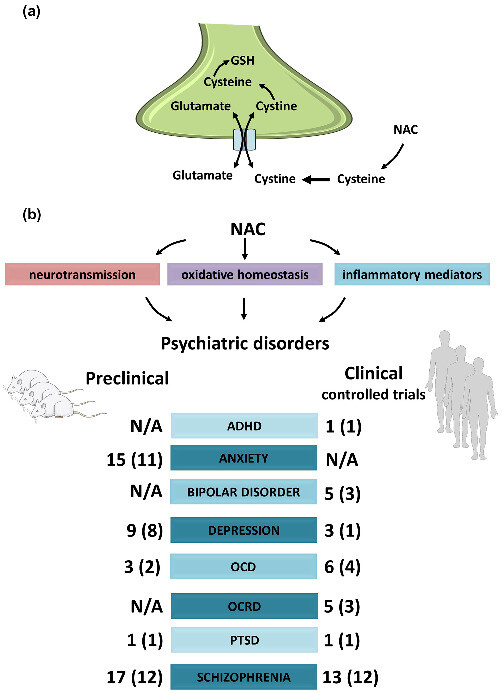There was a study that came out a couple years ago from this group, which further looked into the mechanism of PPAP and BPAP (and presumably selegiline’s) potentiation of impulse-dependent monoamine release, which I’m guessing is related to any longevity effects.
I’ve taken PPAP a handful of times. It’s pretty subtle, at least at the doses I’ve taken.
I wonder if these compounds are somehow protecting monoamine neurons, for example they showed BPAP could prevent tetrabenazine-induced dopamine depletion, suggesting that it favors vesicular sequestration of dopamine. Dopamine can autoxidize to superoxide in a pH-dependent manner in the cytosol, so you want to keep it in the vesicles as much as possible. I personally think if you use amphetamines you should avoid NO boosters for this reason, as peroxynitrite (formed from superoxide and NO) is the primary species contributing to toxicity observed in animal models of amphetamine use.
Probably the most well-known aging-related loss of dopamine neurons occurs in Parkinson’s disease, but less extreme age-related alterations in dopamine (and other monoamine) systems could alter motivation, mood, stress responses, etc in a way detrimental to longevity.
I think you all would see your depressive symptoms disappear like magic if you took a single Adderall. Everything else you guys have mentioned here has almost zero effect on mood when compared to amphetamine. It also increases athletic performance, enhances your learning speed & creativity, and is a mild pain killer. You do pretty much everything better with Adderall (except sleep). It’s really life-changing.
Crazy how differently things affect people.
Even stuff like modafinil (generally considered much milder than Adderall or methylphenidate) tends to make me scatterbrained, tunnel vision, paranoid, and moody. The first couple hours is okay and the increased sociability is nice, although the cognitive benefits tend to favor mechanical and repetitive tasks rather than learning anything novel, but after that it’s downhill.
I’ve also tried a lot of different analogues of amphetamine and methylphenidate, but coffee, or at the very least caffeine, is still the best cognitive enhancer and the only true long-term solution for me.
